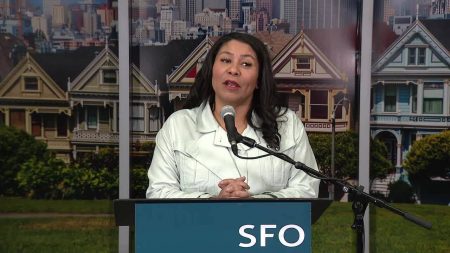The recent death of Bertha Gisela Gaytán, a mayoral candidate in Mexico, has raised concerns about violence ahead of the country’s nationwide election on June 2. Mexican President Andrés Manuel López Obrador expressed condolences to Gaytán’s family, emphasizing the importance of defending democracy. Gaytán, representing the Morena party, was shot dead shortly after launching her campaign in Celaya, northwest of Mexico City. The incident was part of a series of violent attacks against political candidates leading up to the general elections.
Footage from the shooting captured the moment when gunshots rang out during a campaign rally, resulting in multiple injuries and the death of city council candidate Adrián Guerrero. At least 15 political candidates have been killed since January, with organized crime and drug cartels playing a significant role in the threats and violence faced by candidates. Despite the lack of suspects identified by the police, Governor Diego Rodríguez Vallejo vowed to seek justice for the attack on Gaytán and ensure the safety of participants in the electoral process.
Gaytán had requested security for her campaign, acknowledging the risks involved in running for office in a city with one of the highest homicide rates in the world. Violent incidents targeting political candidates have occurred in other parts of the country as well, such as the shooting of two mayoral candidates in Maravatío, Michoacán. The previous election in 2021 saw around three dozen political candidates killed, highlighting the pervasive issue of violence in Mexican politics.
The upcoming election in Mexico is particularly significant as it will determine the next president of the country. While López Obrador is ineligible to run for a second term, his protégée Claudia Sheinbaum is leading the race with a strong position against Senator Xóchitl Gálvez. The ongoing violence targeting political candidates underscores the challenges faced by those seeking to participate in the democratic process in Mexico and the need for greater security measures to protect candidates and ensure a free and fair election.















